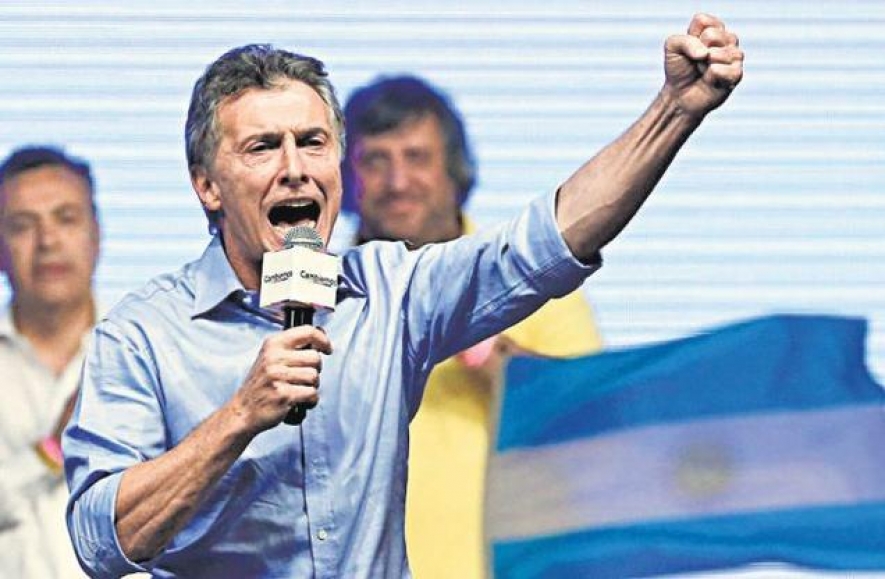But then rogue police officers kidnapped him and placed him in a coffin on their way to a hide-out.
“When they opened the coffin, I breathed deeply as much as I could,” Mr. Macri said of the harrowing episode in 1991, which ended more than 10 days later when his father paid a multimillion-dollar ransom to secure his release. “I wasn’t sure of anything anymore, not even if I would live through the day.”
Likening the experience to surviving a terminal illness, Mr. Macri, now 56, credits the kidnapping with an awakening, putting him on a course that would ultimately lead him to politics.
He eventually became the mayor of Buenos Aires, and on Sunday, he defied early expectations by winning Argentina’s presidential race, upending the nation by defeating the Peronists, who have dominated politics here for decades.
Only a day later, Mr. Macri moved quickly to strike a different tone from that of the departing President, Cristina Fernandez, who — along with her late husband, Néstor Kirchner — had controlled the presidency for the last 12 years.
At a news conference on Monday, Mr. Macri emphasised how his administration would differ from that of Ms. Fernandez on foreign policy. He announced an effort to get Venezuela — a close ally of Argentina under Kirchner and Fernandez — suspended from the Mercosur regional trade bloc over claims of the infringement of civil liberties there.
Before entering politics with the formation of a centre-right party in 2003, Mr. Macri cut his teeth in the cutthroat world of Argentine soccer. After his kidnapping, he remained for a few years in leadership roles in the construction and auto manufacturing business empire assembled by his Italian-born father, Franco Macri, before winning an election as the President of Boca Juniors, one of Argentina’s most popular soccer teams.
While presiding over Boca Juniors gave Mr. Macri a chance to establish his own name, he still has to contend with claims that his privileged upbringing makes him unaware of the challenges faced by ordinary Argentines. At a televised debate with Mr. Scioli, critics accused him of dismissively smirking at his opponent.
“It provokes fear when you see Mauricio Macri expressing himself quite so arrogantly,” Maurice Closs, the governor of Misiones province and an opponent of Macri, said in an interview.
Mr. Macri has sought to soften his image by explaining that he plans to maintain popular anti-poverty programs introduced by the Kirchners since 2003.




















